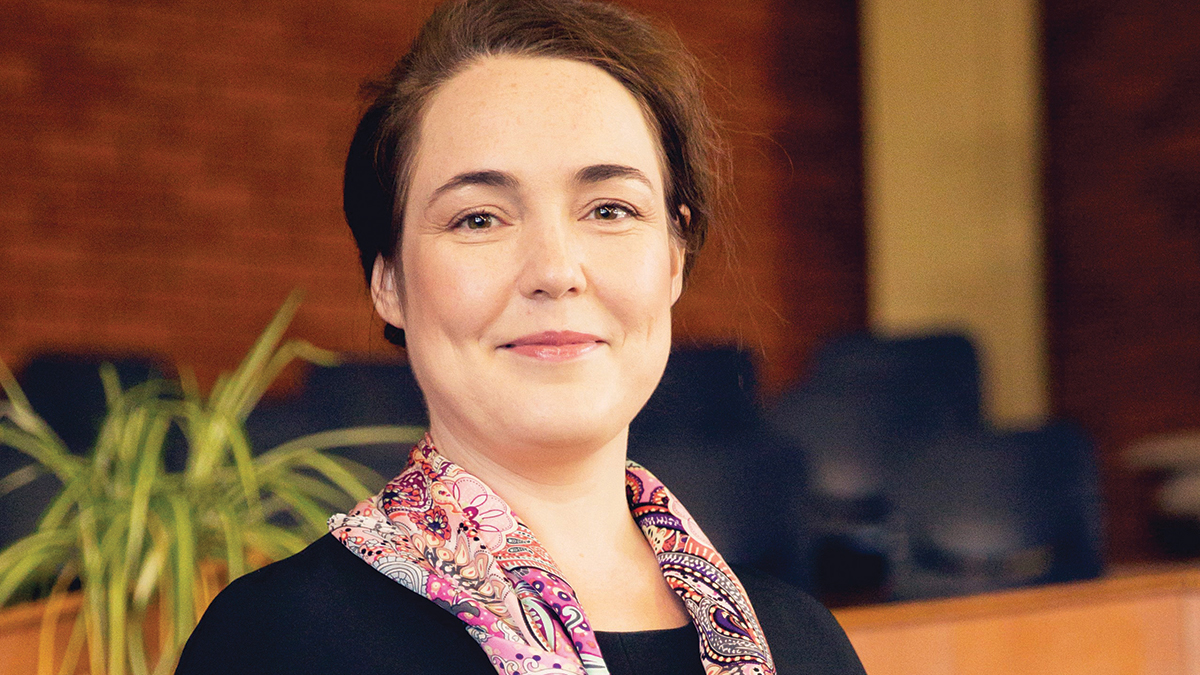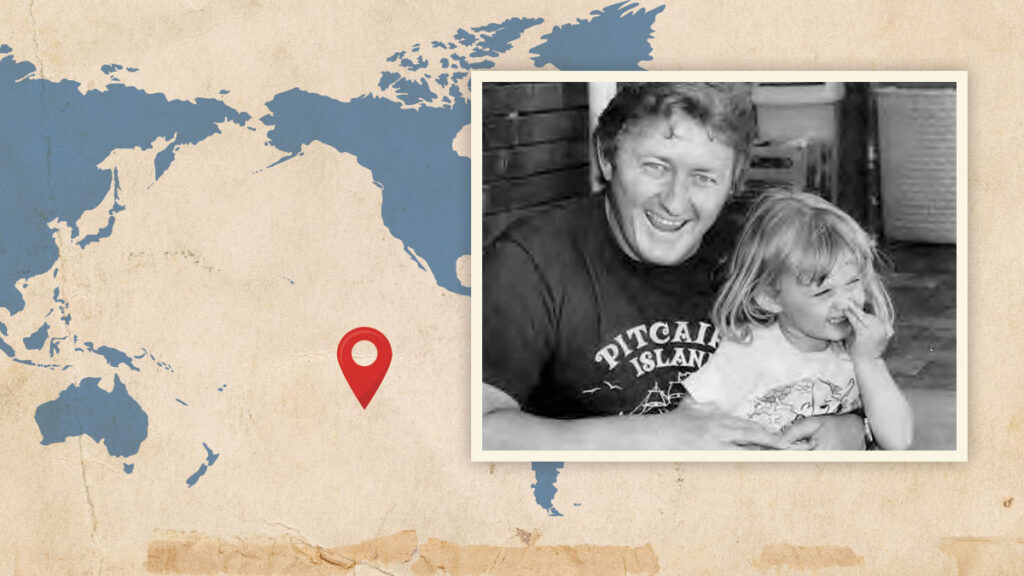By decree, God ceased to exist in Russia in 1917 when Christianity was driven underground and appeared to die. The State systematically strove to erase any memory of God. It was not until the advent of glasnost (openness) in the later years of the 20th century that Christianity resurfaced in Russia.
One would wonder how, then, in the 1980s, a little nine-year-old girl could find God in Russia. Such was the early life of Elena Ladygina, who, at the age of nine, started a search for God. Possessed of a naturally curious nature and, by her own admission, a degree of stubborn tenacity driven by a yearning conviction that “God wanted me to search for Him”, she was about to discover that God does not ignore a searcher.
A turning point in Elena’s search for God was the discovery of a Bible on a shelf in her grandmother’s home. The Bible had served no greater purpose than to be regarded as a talisman or holy object, but when Elena started to read it at the age of 14, she became convinced about the existence of God. [pullquote]
It is hard for us who live in our Western freedom to imagine the difficulties that a girl of 14 would face in accepting Christianity. With absolutely no idea of how to pray, Elena turned to the Psalms and joyfully discovered that the psalmist himself had begged God to reveal Himself to him. The Psalms of David taught Elena the basics of prayer.
It was a mission in Elena’s home city of Nizhni Novgorod being run by US evangelist Pastor John Carter that opened the eyes and heart of Elena. She was stunned to discover that Pastor Carter’s nightly messages came directly from the Bible and contrasted starkly with the traditions of Russian religion. She was baptised at 15 and became involved in church activities.
Under pressure to study medicine, Elena had been told that there were no prospects for a female theologian in a male-dominated society. Thus, Elena commenced her medical course at the remarkably young age of 16. Graduating first as a doctor and then achieving qualifications in paediatrics, Elena felt convicted that God wanted her to become an evangelist.

However, it was as a doctor that she met a stubbornly dynamic young minister who had been admitted to hospital with a bronchial infection. Ignoring her advice to stay at home rather than preaching on very cold nights, Pastor Vadim Butov indeed “took a turn for the nurse”.
Vadim encouraged his new wife to become an evangelist and discovered that, although her preaching was appreciated, there was a widespread conviction that a successful evangelist had to be a male. By now a conference president, Vadim gave Elena $500 to establish a church.
Thus armed, with God at her side, Elena Butov established her first church and saw 16 baptisms within months. She then established another church and baptised 35, followed by a third church plant where 78 were baptised, thus achieving 129 baptisms in one year. The Union relented and appointed Elena as the Union evangelist and another 600 souls were won to the Lord.
The Butov family now live in Australia as pastors at the Avondale Memorial church in Cooranbong. Vadim was John Carter’s principal translator for much of his work in Russia. His language skills are legendary and he is known to be fluent in six languages and conversant in another seven. Elena took the opportunity to commence a PhD program in theology at Avondale College and became a doctor for the second time in her life in 2016. Her thesis, “The Four Prohibitions of Acts 15 and their Common Background on the Basis of the Genesis 1–3 Account”, is now attracting scholarly attention for the thoughtful anchoring of the distinctions between clean and unclean foods within a biblical context.
Elena arrived in Australia eight years ago, barely able to speak a word in English. Amazingly, she has now written a PhD in English. The Butov family are now Australian citizens who have adapted to living far from their native Russia. Their pastoral work at the Avondale Memorial Church has proved to be a great blessing.
Dr John Hammond is a retired educator who attends Avondale Memorial Church in Cooranbong, New South Wales.






